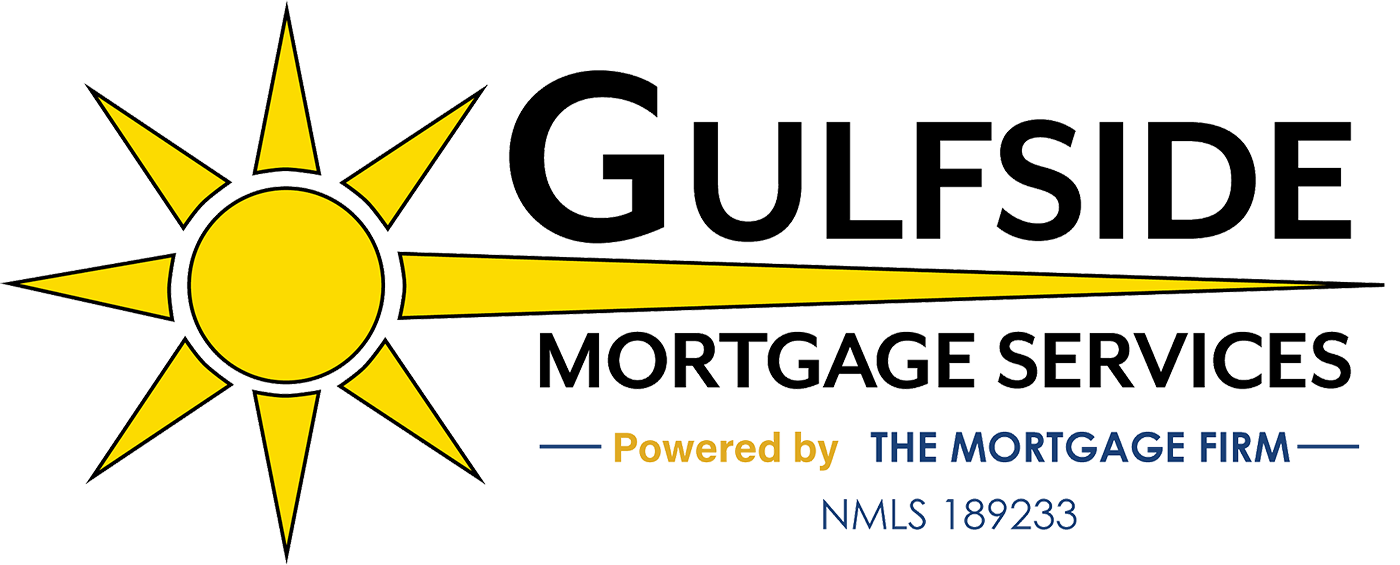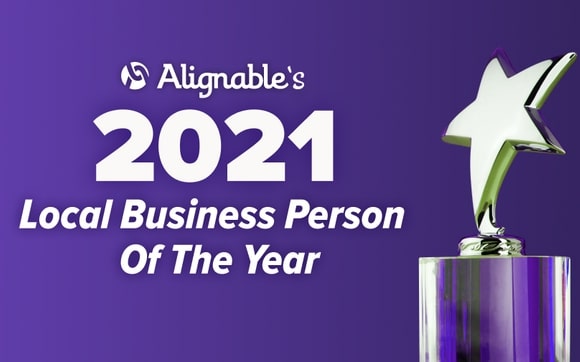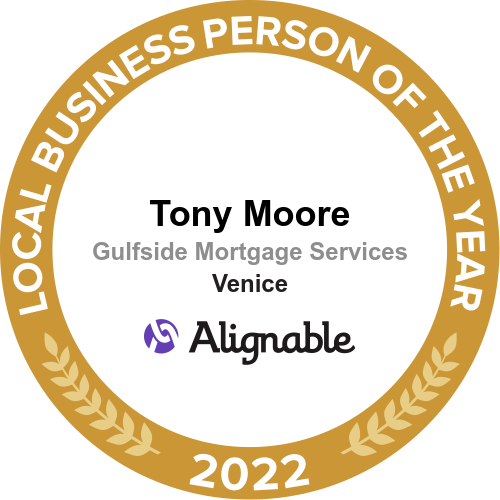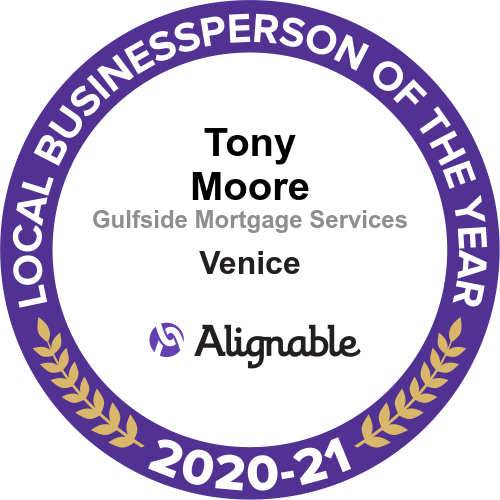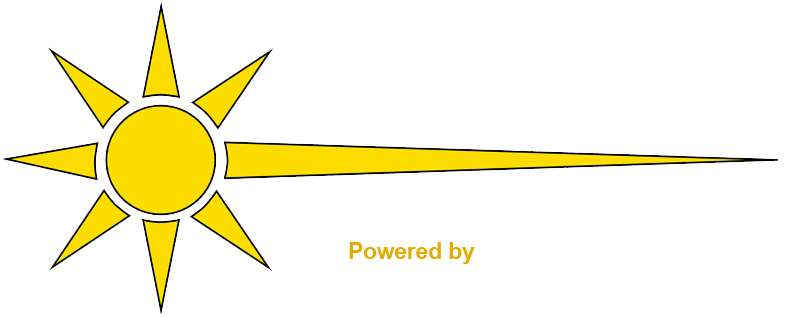What SHOULD you be Asking When Shopping for a Mortgage?
Although the easiest question, ‘what is the interest rate?’ is not the only thing you need to know. So what should you be asking? These mortgage questions – and the answers you want – will help you find the best home loan from the right lender.
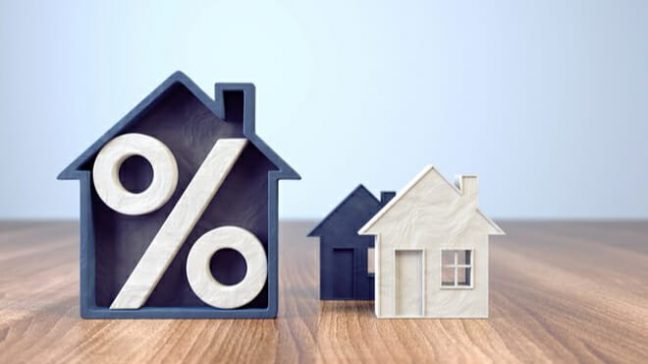
- What can I do to make sure I get the lowest payment on my home loan? When looking for a mortgage you should start at least 6 months prior to the time you want to put in an offer on a house. Starting early will help make sure that you are 100% ready to purchase and get the best deal available. Your credit score and down payment amounts will have determine your payment.
- Which type of mortgage is best for me? This question will help you determine whether you’re talking to just a producer — a salesperson — or a quality adviser. When you ask, “What are my options?” for each type of loan discussed, the mortgage lender should tell you the pros and the cons in light of your situation.
- How much down payment will I need? A 20% down payment is every lender’s ideal, but it’s not always required. Qualified buyers can find mortgages with as little as 3% down, or even no down payment. Again, there are considerations for every down payment option. The best lenders will take the time to walk you through the choices.
- Do I qualify for any down payment assistance programs? If you really want to size up your mortgage lender’s value, this is the question that will do it. If you get a chuckle or a groan in response, move on.
Lenders with knowledge of local, state and national down payment assistance programs — and the wherewithal to help you navigate the process — are well worth the hunt.
- What is my interest rate? You probably already planned to ask this mortgage question. It’s the one benchmark we all understand. Or do we? Lenders can move the needle on your mortgage interest rate a number of ways, most of them involving additional fees.
But after talking to at least a couple of lenders, you’ll get an idea of a ballpark interest rate you’ll qualify for. Let’s say it’s 5%. We’ll call that your payment interest rate because that’s what your monthly mortgage payment will be based on.
By the way, if you’re considering an adjustable-rate mortgage rather than a fixed-rate loan, you’ll want to ask: How often is the payment interest rate adjusted? What is the maximum annual adjustment? What is the highest cap on the rate?
- What is the annual percentage rate? Now that you have an idea of what your payment rate will be, it’s time to find out what your annual percentage rate is. The difference between the two? The APR incorporates all of the embedded fees of the loan.
Ask your lender if any discount points are included in your APR. The answer you’re looking for is “No.” You can always decide later to buy discount points, which are extra fees you pay upfront to lower your interest rate.
When you have zero-discount-point APRs from competing lenders, you can see who has the lowest fees for the same payment rate.
- Are you doing a hard credit check on me today? It’s always good to know when the lender is going to perform a “hard” credit check, called a “hard inquiry.” That type of payment history inquiry shows up on your credit report. Lenders need to do this to give you a firm interest rate quote.
When you’re shopping more than one lender, you’ll want these hard credit pulls to occur within a short period of time — say within just a week or so — to minimize the impact on your credit score.
- What will my monthly payment be? You’ve probably asked this question already. But knowing what your monthly mortgage payment will be is kind of key to the whole deal, right? You’ll also want to ask if there is any prepayment penalty if you pay off the mortgage early — for instance, if you move or refinance. The answer should be “No.”
- What other costs will I pay at closing? Fees charged by third parties, such as for an appraisal, a title search, property taxes and other closing costs, are paid at the loan signing. These costs will be detailed in your official Loan Estimate document and your almost-time-to-sign Closing Disclosure. But the sooner you know what they are, the better you can shop, compare — and prepare — for them.
- How will I be updated on the loan’s progress? Will you have a single point of contact throughout the mortgage loan process? And how will you be updated on the progress: by email, phone or an online portal? Establishing your service expectations upfront, and seeing just how eager the lender is to meet them, will give a clear point of comparison among lenders.
- How long until my loan closes? Of course, you want to know what your target closing and move-in dates are so you can make preparations. And just as important: Ask what you should avoid doing in the meantime — like buying new furniture on credit and other loan-busting behavior.
